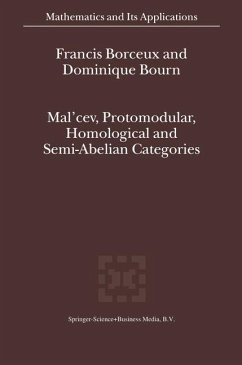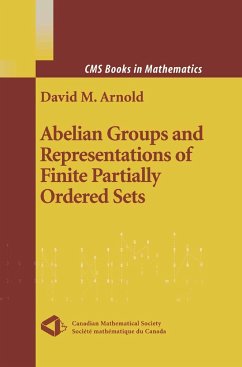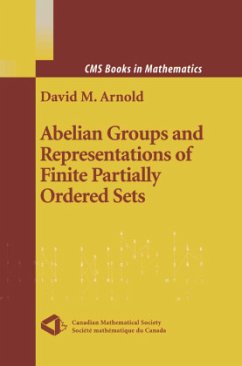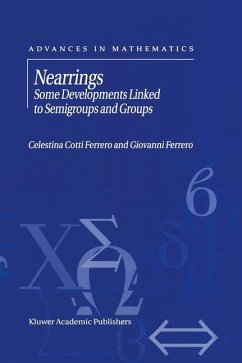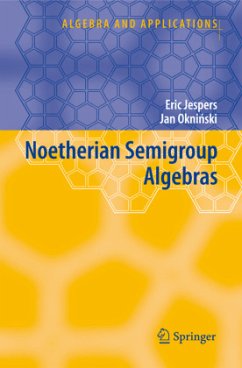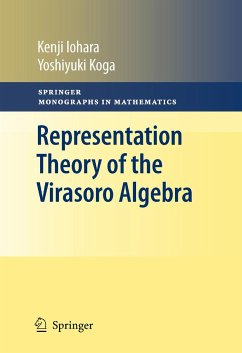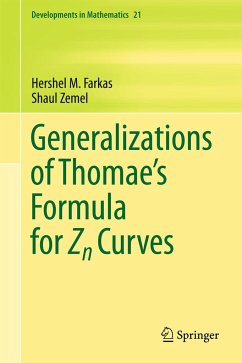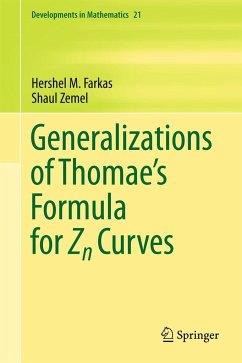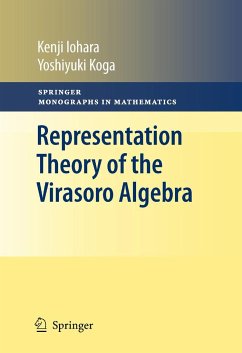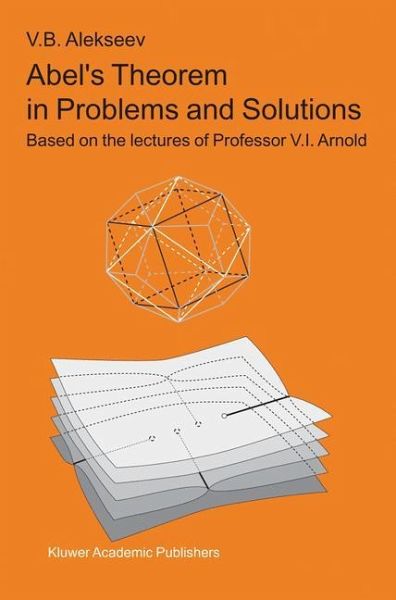
Abel's Theorem in Problems and Solutions
Based on the lectures of Professor V.I. Arnold
Übersetzung: Aicardi, Francesca

PAYBACK Punkte
54 °P sammeln!
Do formulas exist for the solution to algebraical equations in one variable of any degree like the formulas for quadratic equations? The main aim of this book is to give new geometrical proof of Abel's theorem, as proposed by Professor V.I. Arnold. The theorem states that for general algebraical equations of a degree higher than 4, there are no formulas representing roots of these equations in terms of coefficients with only arithmetic operations and radicals.A secondary, and more important aim of this book, is to acquaint the reader with two very important branches of modern mathematics: grou...
Do formulas exist for the solution to algebraical equations in one variable of any degree like the formulas for quadratic equations? The main aim of this book is to give new geometrical proof of Abel's theorem, as proposed by Professor V.I. Arnold. The theorem states that for general algebraical equations of a degree higher than 4, there are no formulas representing roots of these equations in terms of coefficients with only arithmetic operations and radicals.
A secondary, and more important aim of this book, is to acquaint the reader with two very important branches of modern mathematics: group theory and theory of functions of a complex variable.
This book also has the added bonus of an extensive appendix devoted to the differential Galois theory, written by Professor A.G. Khovanskii.
As this text has been written assuming no specialist prior knowledge and is composed of definitions, examples, problems and solutions, it is suitable for self-study or teaching students of mathematics, from high school to graduate.
A secondary, and more important aim of this book, is to acquaint the reader with two very important branches of modern mathematics: group theory and theory of functions of a complex variable.
This book also has the added bonus of an extensive appendix devoted to the differential Galois theory, written by Professor A.G. Khovanskii.
As this text has been written assuming no specialist prior knowledge and is composed of definitions, examples, problems and solutions, it is suitable for self-study or teaching students of mathematics, from high school to graduate.





